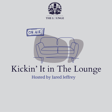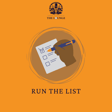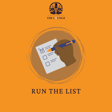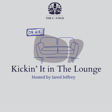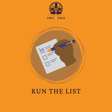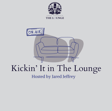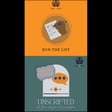
Kickin' It With Dr. Iggy
On this episode of Kickin’ It in The Lounge, we welcome orthopedic surgeon, comedian, and faith-based medical influencer — Dr. Iggy!
Join our hosts, Jared Jeffrey and Dr. Aldwin Soumare, as they kick it with Dr. Iggy and delve into his journey of becoming an orthopedic surgeon, passion for faith and comedy in medicine, and sustaining a visible platform on social media despite the obstacles of residency. He not only recounts his story in a vulnerable manner, but also with much needed humor, humility, and introspection. You definitely don’t want to miss what he has to share with The Lounge!
Connect with Dr. Iggy on all social media platforms @doc.iggy
To watch the video version of the interview, click this link
Be sure to continue to stay tuned for more of our upcoming programming being released here on The Lounge!
To share your thoughts on our discussions or if you have any questions to ask our hosts, email podcast@snma.org for a chance to be featured on the show!
Disclaimer: The opinions and views expressed on our podcast do not reflect the official stance of the Student National Medical Association.
